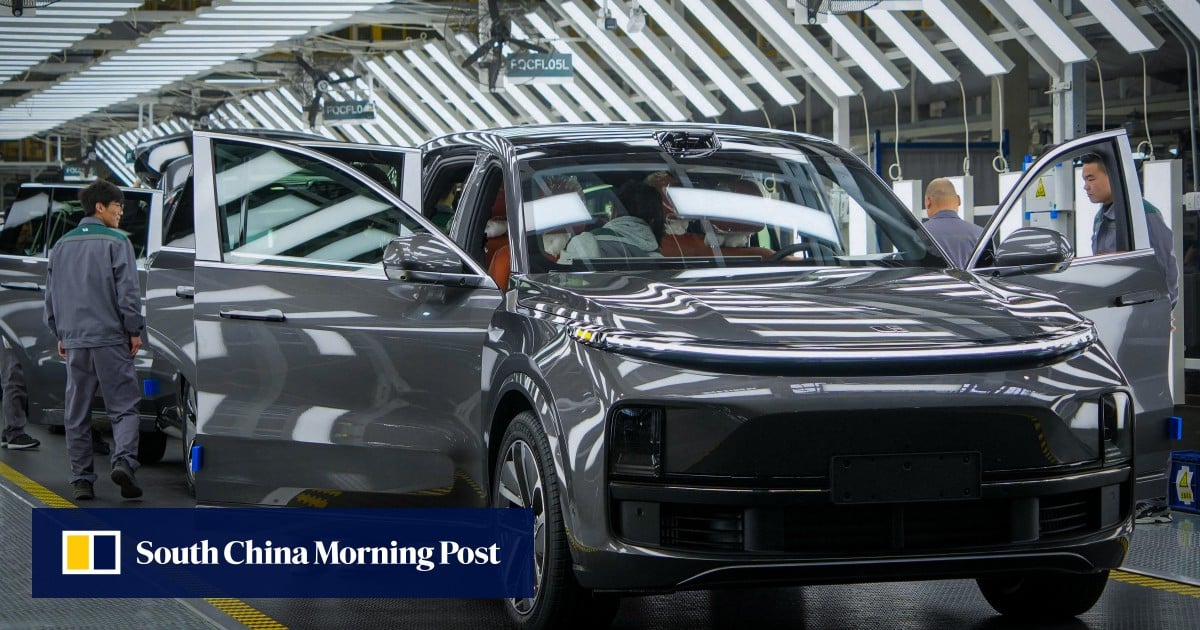


The Shanghai-based company is seriously considering building plants outside mainland China to capitalise on the accelerating transition in the global automotive industry, said David Li Yifan, co-founder and CEO.
“In the long term, we plan to undertake more development outside China, mostly in Europe,” he said, without disclosing details about the company’s overseas investment plans.
Currently, six out of every 10 new electric vehicles (EVs) worldwide are sold in mainland China, where industry officials view lidars as an essential component in developing fully autonomous vehicles.
ATX can identify conditions such as rain, fog and exhaust fumes in real-time at a pixel level, filtering out more than 99 per cent of environmental noise, according to Hesai.
“We are confident ATX will have a great impact on the adoption of lidar given its versatility,” Li said. “We have always been keen on designing and building our products for the global market.”
Hesai would make lidars as affordable as possible, he added.
Dismissed by Tesla’s Elon Musk in 2019 as a “fool’s errand” due to the high cost of production involved, lidar has boomed, with the market growing since Chinese EV maker Xpeng produced the world’s first lidar-guided smart vehicle in late 2021.
The cost of lidar sensors has dropped from thousands of dollars over the past few years to several hundred dollars currently, according to Li.
“We are going in a direction where lidars will be used in every passenger vehicle.”
Some 440,000 EVs priced at more than 150,000 yuan (US$20,719) in mainland China last year came fitted with lidar sensors, representing 10.4 per cent of the total, according to Shenzhen-based Gaogong Intelligent Vehicle Research Institute.
The penetration rate is expected to jump to 16 per cent this year, which could translate to about 1 million units, the institute said.
Sensor maker hits record revenue as China’s EV makers adopt autonomous driving
“The rising demand for lidar sensors will result in lower prices because production costs can be lowered amid increasing output,” said Chen Jinzhu, CEO of consultancy Shanghai Mingliang Auto Service. “Top players will benefit the most from the wider use of lidars.”
Hesai, which raised US$190 million via a Nasdaq listing in February 2023, reported a net loss of 476 million yuan last year, widening 58 per cent from 2022.
Revenue climbed 56.1 per cent year on year to 1.9 billion yuan while deliveries surged 176.1 per cent to 222,116 units.
Last September, the European Commission launched an investigation into foreign state subsidies, and is expected to impose tariffs higher than the standard rate of 10 per cent on Chinese-made EVs.